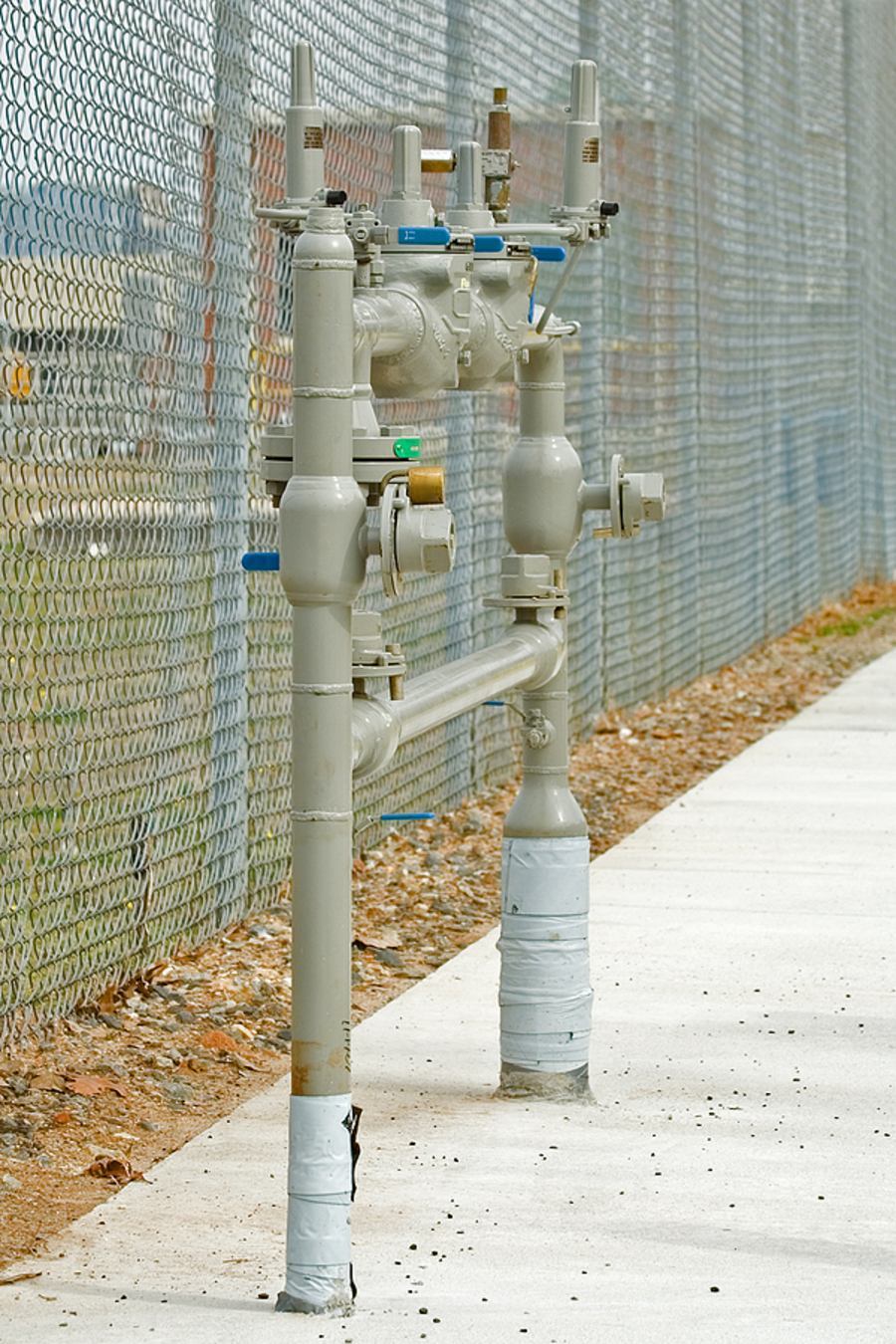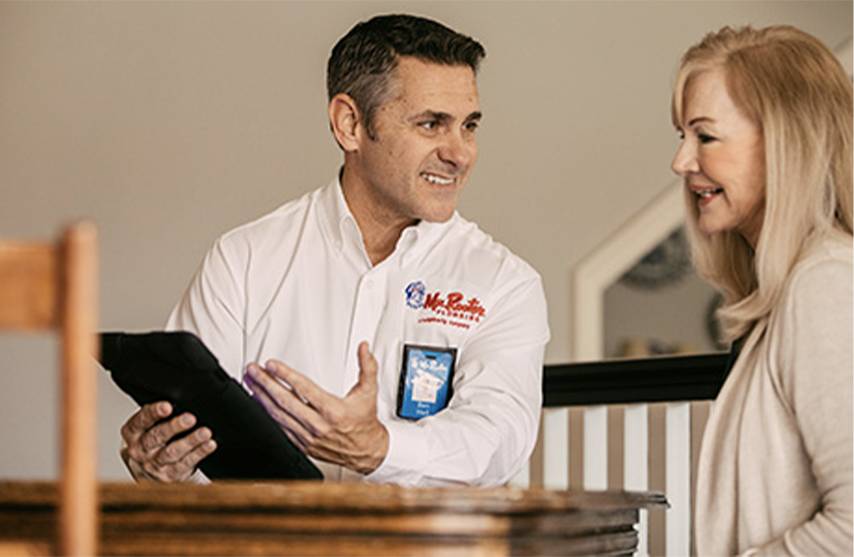
Regarding your plumbing system, many concepts may seem like common sense, but others can be less obvious. One such concept is backflow. If you need to become familiar with what backflow is, you might wonder whether you need a backflow device or should have yours tested. Mr. Rooter Plumbing, is a reputable plumbing service with extensive expertise, ensuring pertinent information to help you decide. Here are answers to some common questions homeowners often ask about backflow testing.
Backflow refers to the undesirable reversal of water flow in your plumbing system. Water usually flows in one direction, from the public water supply into your home and out through the drains. However, certain circumstances force water to flow in the opposite direction, causing contaminated water to enter your clean water supply.
This reversal can happen because of a drop in water pressure in the municipal supply or a sudden increase in pressure in your plumbing system. When backflow occurs, it can pose health risks to you and your family. We recommend hiring a professional plumber to inspect, diagnose, and address the problem quickly.
A backflow device, or a backflow preventer, is crucial in stopping contaminated water from entering your clean water supply. Plumbing service experts install these devices to ensure that water flows in only one direction, which prevents backflow. These devices protect your potable water from contaminants infiltrating your plumbing system. Having a plumber install a backflow device is a wise choice for your health and safety and ensures compliance with local plumbing codes and regulations.
Whether you should have your backflow device tested is a common question among homeowners. The answer to this question is “yes.” Backflow devices, like any mechanical equipment, can degrade over time or become faulty. Regular testing and maintenance by a trusted plumbing service are essential to ensure your device functions correctly.
Testing your backflow device involves checking its performance to ensure it can effectively prevent backflow. Our licensed professionals conduct these tests to verify that the device works well. The testing frequency may vary depending on local regulations, but we recommend having your backflow device tested annually.

The lifespan of a backflow device can vary depending on several factors, including the type of device, its quality, and the environmental conditions it’s exposed to. On average, a well-maintained backflow preventer lasts 5 to 15 years.
Regular maintenance and testing play a crucial role in extending the lifespan of your backflow device. Over time, parts may wear out or become corroded, affecting the device’s performance. Routine inspections and necessary repairs ensure your device continues functioning as intended.
Understanding backflow and the importance of backflow devices is vital for maintaining the safety and quality of your drinking water. Regular testing and maintenance of these devices are essential to ensure they function correctly and protect your water supply from potential contaminants. If you have any doubts or questions about backflow testing. Contact Mr. Rooter Plumbing for expert guidance and to ensure a safe plumbing system.